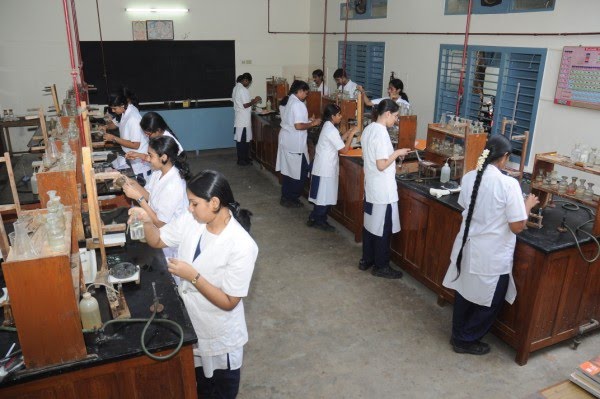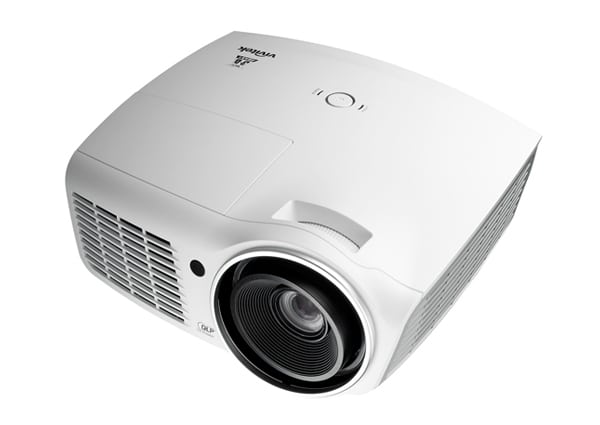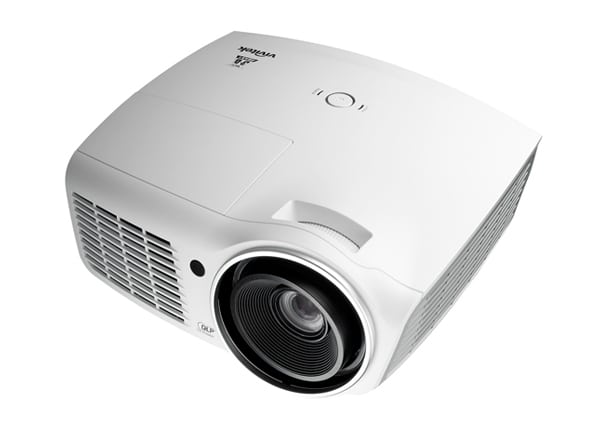Leaders from business, government, think tanks, private equity, industry associations, policy makers, entrepreneurs, and academia from around the world came together at the two-day conference, One Globe 2012: Uniting Knowledge Communities, that kick-startedin Delhi.
Kapil Sibal, Union Minister for HRD and Communications and Information Technology, Government of India delivered the keynote address at the conference. Sam Pitroda, Advisor to the Prime Minister on Public Information Infrastructure and Innovations along with Vikram Gandhi, Founder and CEO, VSG Capital Advisors spoke on the importance of innovation to ensure inclusive growth in a session moderated by Vikas Bajaj from The New York Times. Lt Gen AS Lamba, Vice Chief of the Army Staff (Retd), The Indian Army shared his views on role and importance of security in building knowledge communities. SEBI’s former chairman, M Damodaran, spoke on role of healthcare in economic development.
The One Globe 2012 knowledge conference covers the holistic gamut of primary and higher education, vocational training, skills development, economic development, gender and education, infrastructure, urbanization, design, technology and innovation. The conference also deliberates on need for private equity/venture capital investments in higher education, and entrepreneurship, employment and economic growth. The second day of the conference exclusively focuses on students interested in studying abroad, featuring sessions on how Indian schools can prepare students for global universities, international educational partnerships, designing successful MoUs, admission in foreign colleges, cracking standardized tests, resume building, managing visa formalities, and community colleges as a route to education at top US schools. It also outlines popular and emerging destinations for studying abroad.
Says Harjiv Singh, Founder and CEO, Salwan Media, who conceptualized this event, “India has a rich demographic dividend in the form of over half its population under the age of 25, but what we do with it depends on how, and how soon, we align our educational systems to realities of a networked world. Today, technology drives everything around us, from e-governance programs such as the UIDAI, to quality distance education delivered through Cloud-based universities, to even working remotely from home! Our curriculum needs to innovate and adapt real fast to this technology-driven environment to churn out students that don’t just have degrees but skills to get jobs in global companies. We also see an increasing trend of switching multiple careers in today’s generation, so our educators need a radical mind-shift to empower students with all-round development that helps them learn, unlearn and relearn quickly.”
Says Ron Somers, President of US-India Business Council, “In a vast country like India, reforms require deploying massive infrastructure on an economical and scalable model. With the world’s cheapest tablet, India has proven to the world that it is serious about deploying low-cost technology solutions to fast-forward its educational system reforms.”
A joint report by the USIBC and YES BANK titled, “A Global Perspective to Higher Education in India”, was also unveiled at the One Globe 2012 conference, which outlined a 10-point roadmap to ensure improvement in higher education in India. The report noted that while the share of Centre’s expenditure on education as a percent of GDP has seen an increase, the State’s share has actually declined over the years. Noting that a large number of schemes require commitment of the State governments to be able to utilize plan assistance from the Centre, it highlighted the urgent need for the States to increase their education expenditure. The report also called for improvement in access, inclusion and quality of education, correction of sub-optimal level of fees in government institutions to mobilize internal resources, better collaboration between research and academic bodies, greater collaboration with industry, need for making accreditation mandatory, 360° teacher assessment by students and peers coupled with performance-based reward system, examination reforms in sync with job market dynamics, and strengthening and universalizing ICT measures.
Jerry M Hultin, President, Poly-NYU, Jacques Steinberg, Editor of The Choice, the college admissions blog of The New York Times, and Prof. C Raj Kumar, Vice Chancellor, Jindal Global University will share perspectives on a Global University and what Indian schools can do to prepare the students. The session is being moderated by Ajit Motwani, CEO, Education Business, BrainGain Mag Advisory Board.
The conference has representation from eleven foreign institutions including Rutgers University, University of Kentucky, The University of Montana, University of Oregon, George Mason University, Fort Hays State University, Northern Illinois University, Suffolk, Rollins College, Queens College CUNY, and Thomas College, brought for US-India Higher Education partnership by the world’s leading international exchange, The Institute of International Education. The conference also draws learnings from experts such as Dr. Torsten Fischer, Director, India Office of German Research Foundation (DFG), Riku Makela, India Director of FinNode, a global network of Finnish innovation organizations; Simon Cridland, Counsellor and Head of Advocacy Program, High Commission of Canada in India; and Loftus Harris AM, Special Trade Representative to the Middle East and India, The Queensland Government.
Heads of Vasant Valley School, The Sagar School, Delhi Public School RK Puram, The Heritage Schools and Guru Harikishen Public School presented views on emerging trends in K-12. Industry representation at the Conference includes Accenture, IL&FS, Dalmia Bharat Group Foundation, Centum WorkSkills, Sage Publications, Ranbaxy, Steria, Duranta Holdings, vir.mueller architects, Aspire, Saviance Technologies, Educomp Solutions, Gaja Capital Partners, Kaizen Private Equity, Datawind, Microsoft, Tata Interactive Systems, The Parthenon Group, Ozone Networks, VSG Capital Advisors, and FutureWorks. Lord Raj Loomba, Founder & Chairman of The Loomba Foundation; Amandeep Singh, Advisor, Kalgidhar Trust; and, Mohini Daljeet Singh, Chief Executive, Max India Foundation contributed to the session on philanthropy and education, moderated by Heather Timmons of The New York Times.
























